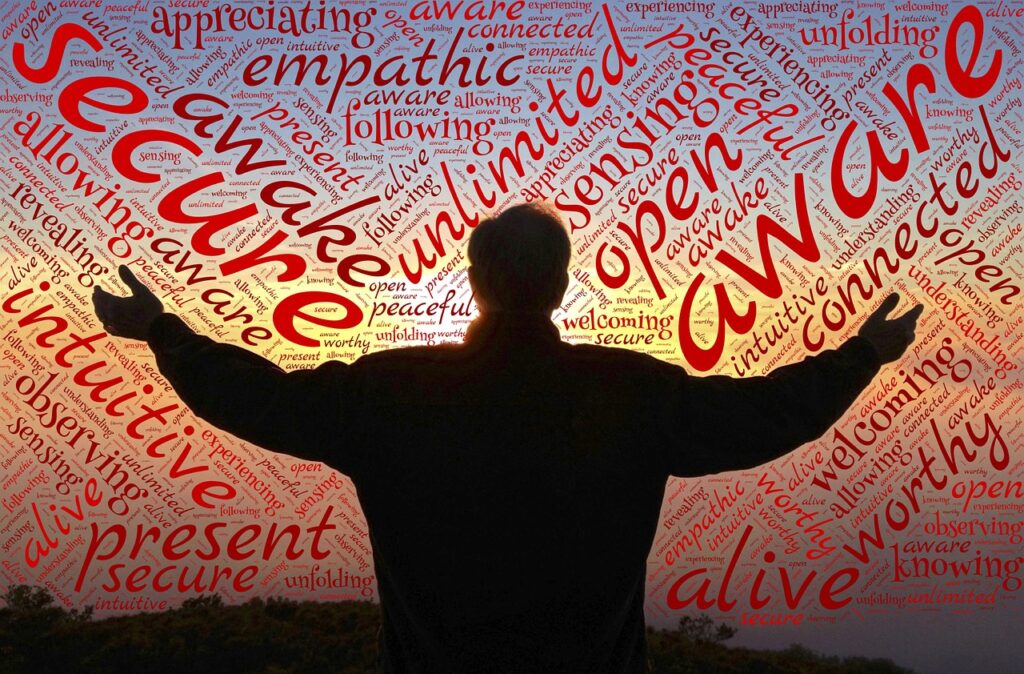The controversial best-seller, “A Million Little Pieces,” begins with a challenging anecdote. A young man came to an older man seeking counseling. He said, “I broke something.” “How badly is it broken?” asked the older man. “Into a million little pieces,” replied the young man. “I am so sorry I can’t help you.” Said the older man. “Why not?” exclaimed the young man. “There is nothing I can do.” The older man added. “Why can’t it be fixed?” asked the young man. “Because it is broken beyond repair; broken into millions of pieces.” Answered the older man.
Sometimes we feel our life is broken and shattered into millions of pieces. We don’t know what to do and where to turn? We feel frustrated, hopeless, and helpless, look for someone who can fix our life. There is a story in the Holy Bible about a person named Job who had the same experience. He experienced his life as though broken into millions of little pieces. He was wealthy, healthy, faithful, just, and righteous before God. But terrible tragedies unexpectedly hit him and his family. It was, Indeed, a sad story of brokenness, helplessness, and hopelessness. The book of Job (Job 7:1-7) talks about Job’s attitude in the midst of his long sufferings. He speaks of the futility of life and the miseries of human existence. But eventually, he realizes the importance of faith and trust in God. He finally surrendered his undeserved suffering, his hard work, and everything he had to the greater wisdom of God (Job 42:1-6).
“…true discipleship means getting involved in giving selfless service to others.“
The Holy Gospel (Mark 1: 29-39) gives us the assurance and proof that nothing in our lives is beyond repair for Jesus, who is the cosmic healer and the divine Savior. He makes our journeys possible from our brokenness, hopelessness, helplessness, meaninglessness, and purposelessness to a life of fullness, wellness, wholeness, and happiness. It teaches that true discipleship means getting involved in giving selfless service to others. Jesus’ first day of public ministry at Capernaum was on a Sabbath day. Capernaum was a small port town located on the north shore of Galilee, mostly serving fishermen and the fishing industry. The Sea of Galilee (also called the Lake of Tiberius, or the Lake of Gennesaret) is a freshwater lake, 13 miles long and 8 miles wide with a maximum depth of one hundred fifty feet. Small and beautiful mountains surround it. After attending the synagogue service, Jesus exorcised a demon and stopped Simon’s mother-in-law’s fever. After the sunset, the very same day, He “cured many who were sick with various diseases and drove out many demons.” Jesus performed miracles as a sign of God’s healing love at work in the world. His disciples were excited at seeing their Master becoming a local hero and attracting huge crowds, as John the Baptist did. They felt that this would increase their reputation and prosperity. So, when they found Jesus the next day, early in the morning, at prayer in a deserted place, they requested Him to return to the place where His ministry had been so successful. But Jesus’ answer was, “let us move on to the neighboring villages, so that I may proclaim the Good News there also; for this purpose, have I come.”

Here we see Jesus as one who gives wellness to the ill, wholeness to the broken, hopes to the hopeless, purpose to the goalless, meaning to the meaningless, and life to the lifeless. As real human persons, especially during this trying time, we are also ill, broken, exhausted, fatigued, tired, meaningless, and even goalless sometimes. Very often, our life journey begins with our own brokenness and continues to be the same. But for those of us who believe in Jesus, He is with us, and we are not shattered and hopeless. When Jesus enters into our lives, He can direct our lives to wholeness and fullness. As believers, we are not called to be stuck in our brokenness, hopelessness or helplessness, or any other kind of lessness; instead, we are to move forward passionately and joyfully to the fullness of life. Our fullness means to be in communion with Jesus as He was in communion with His father and reach out to the needy people around us who are experiencing lessness in their daily lives as He reached out. Our call today is to be a good Samaritan to all the people all the time. Well, it is easier said than done! Yes, it is a challenge for you and me today to take up this call. Do you dare to take up this call with God’s blessing?
Fr. Tomy J. Puliyan, MSFS
“ Holiness and Happiness through Wellness and Wholeness!”

